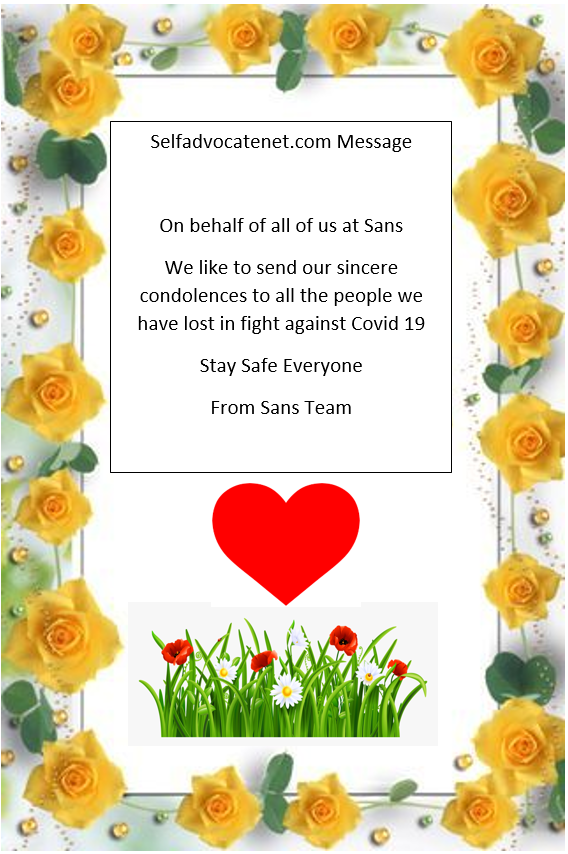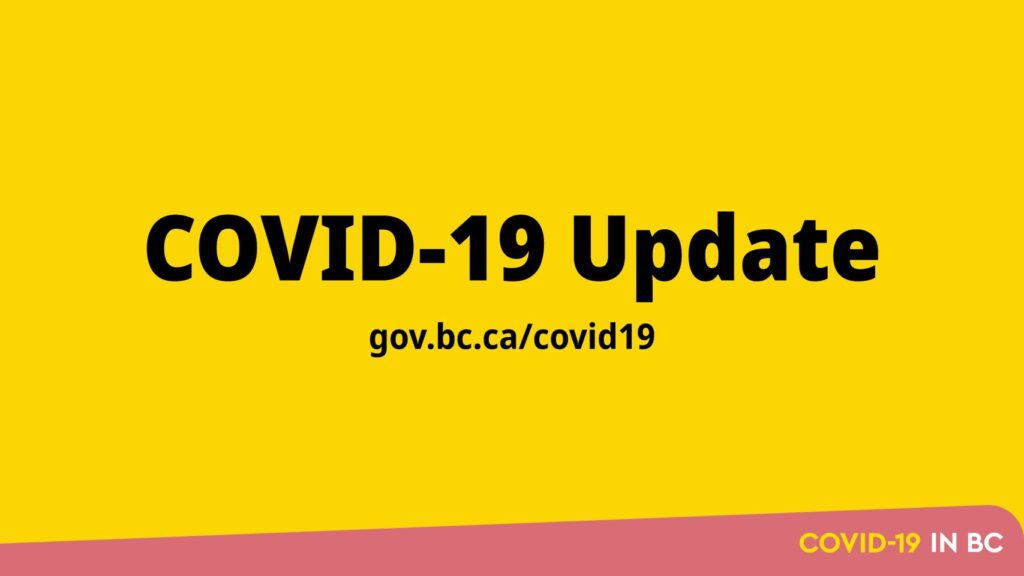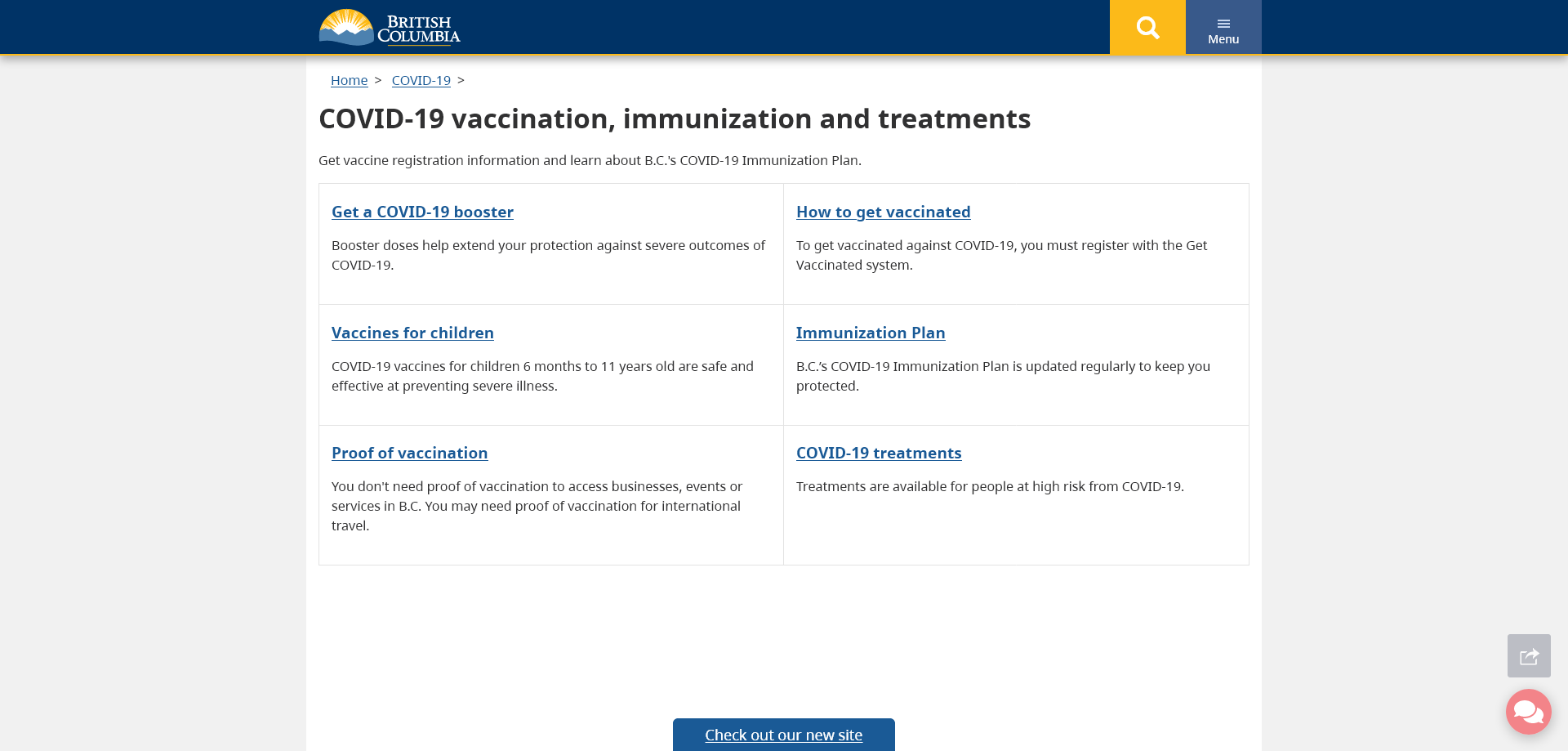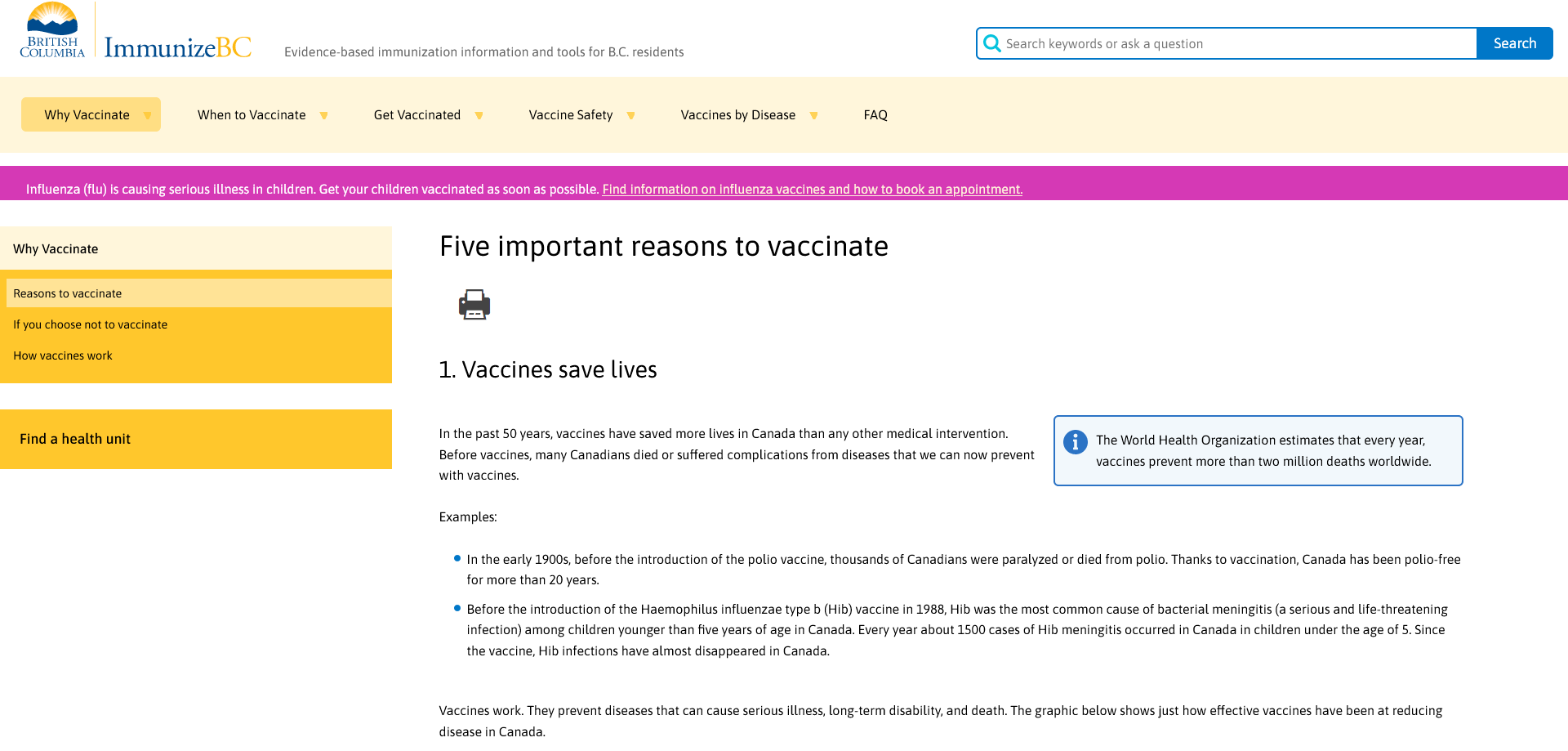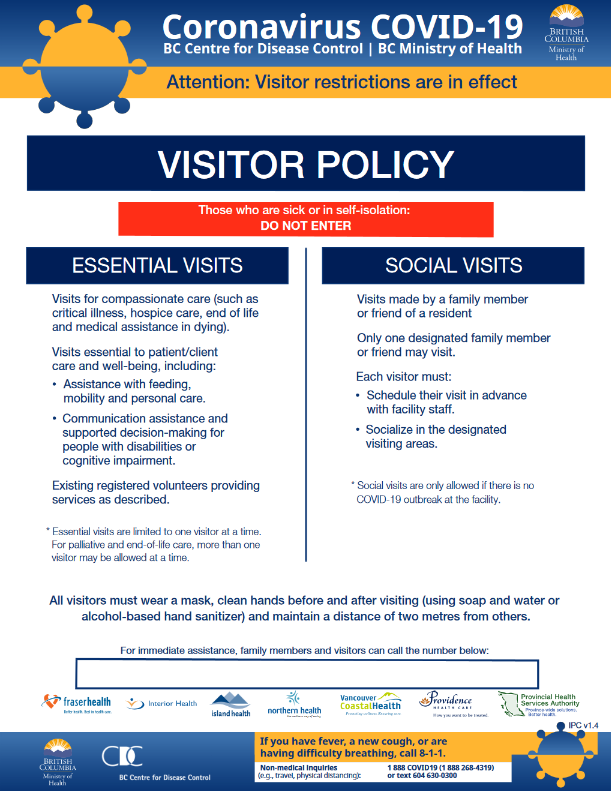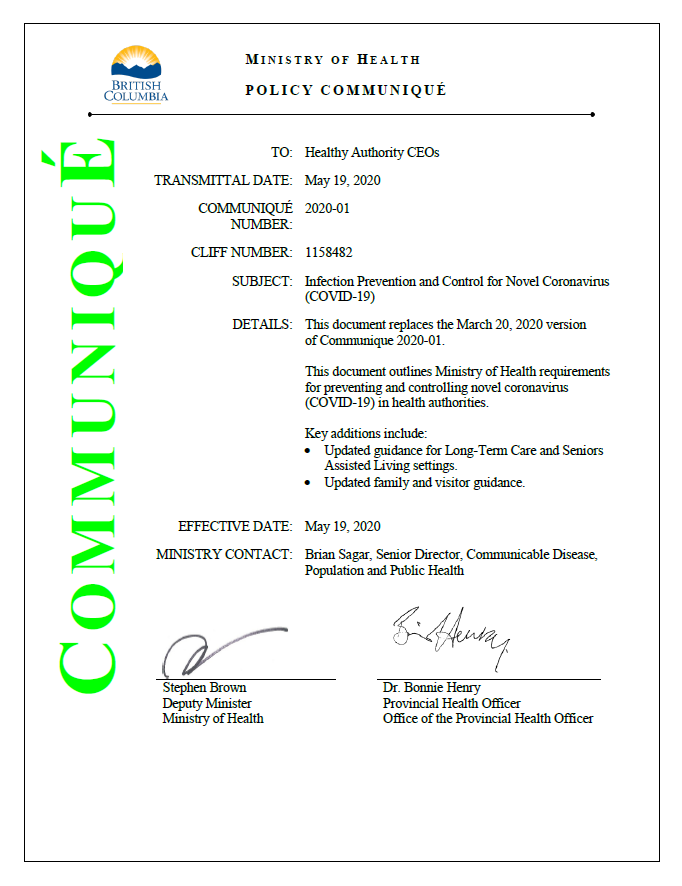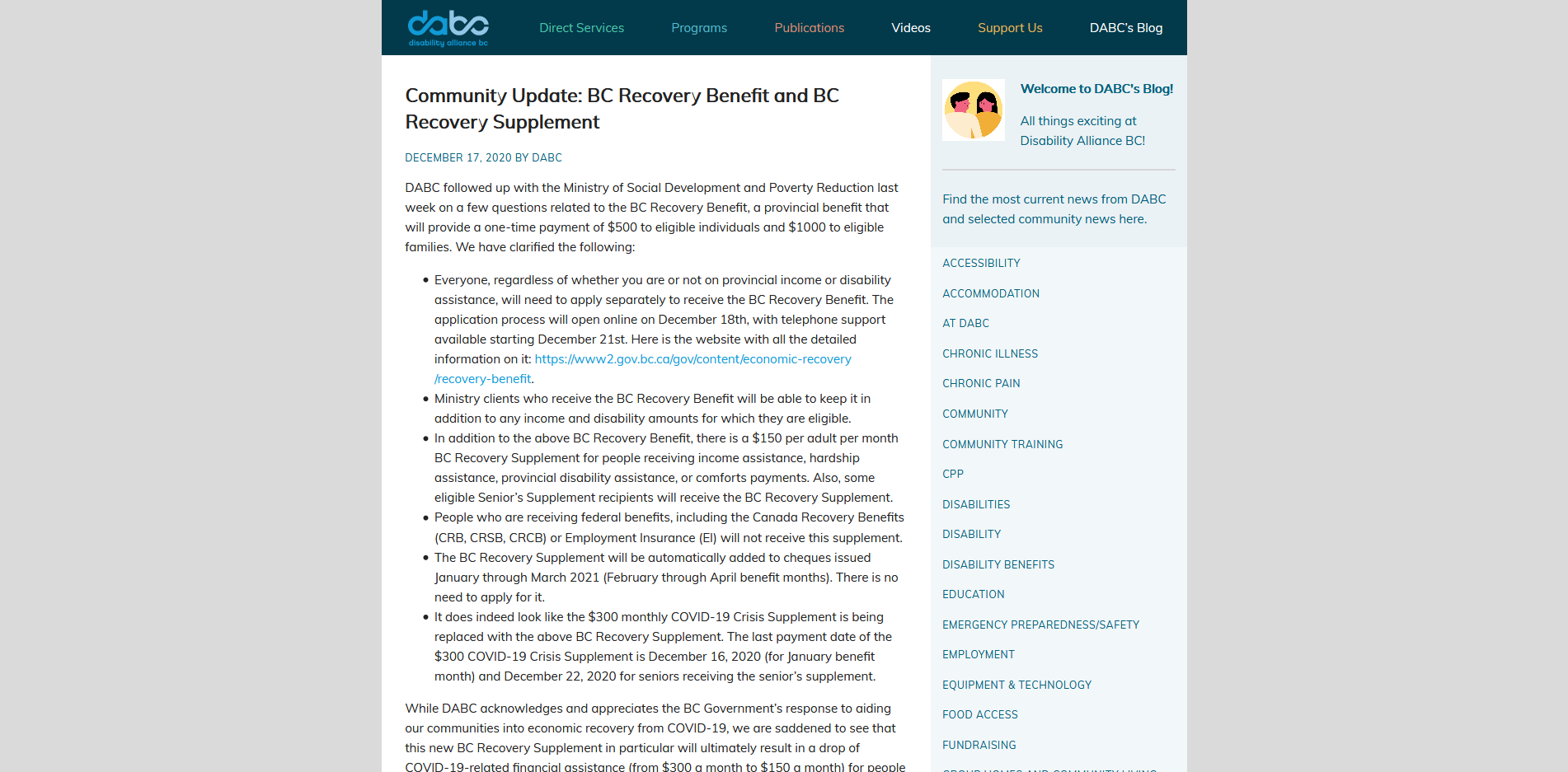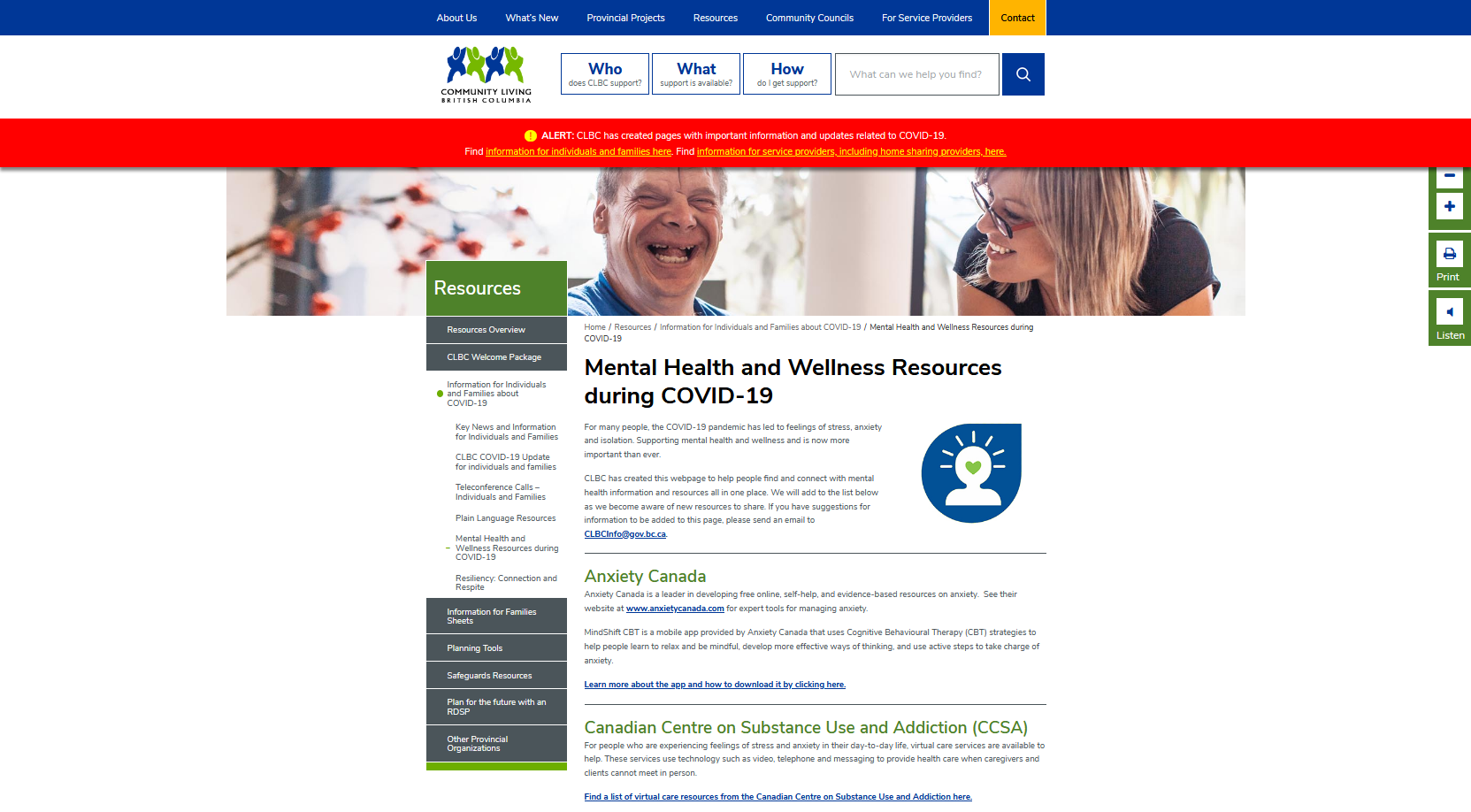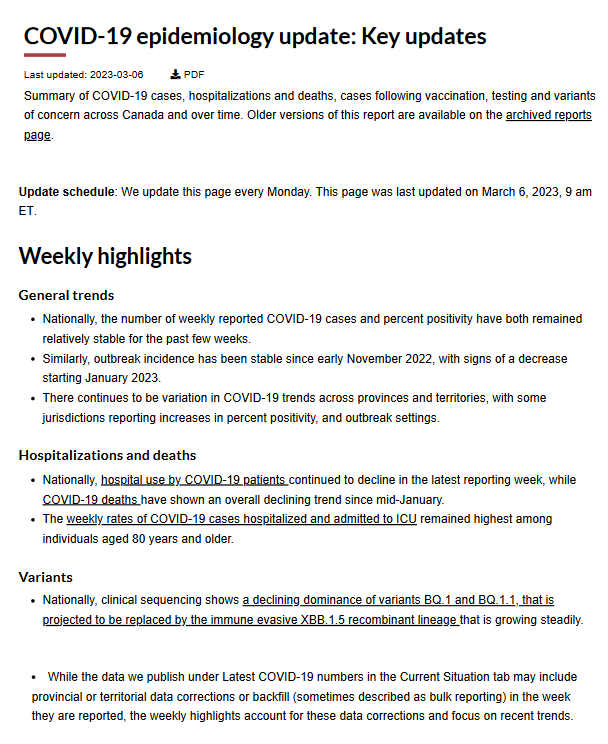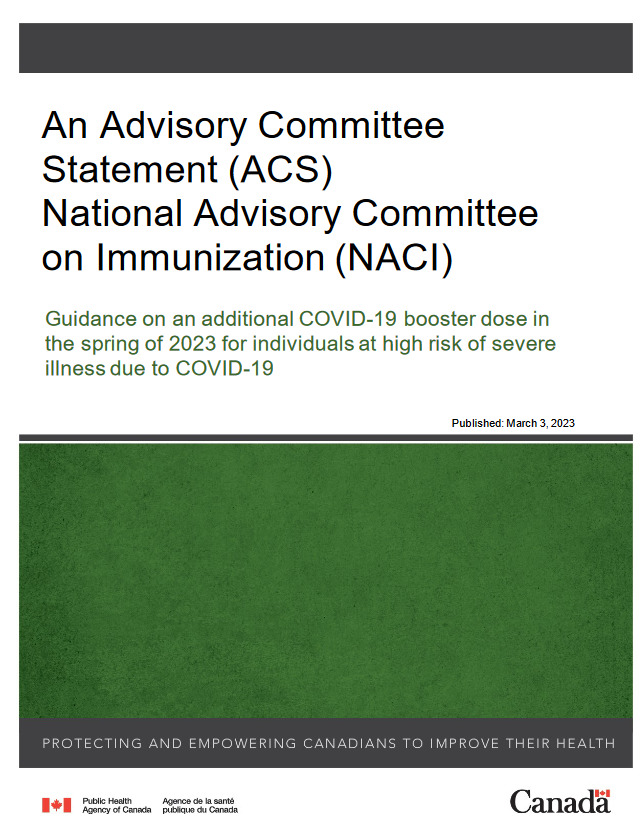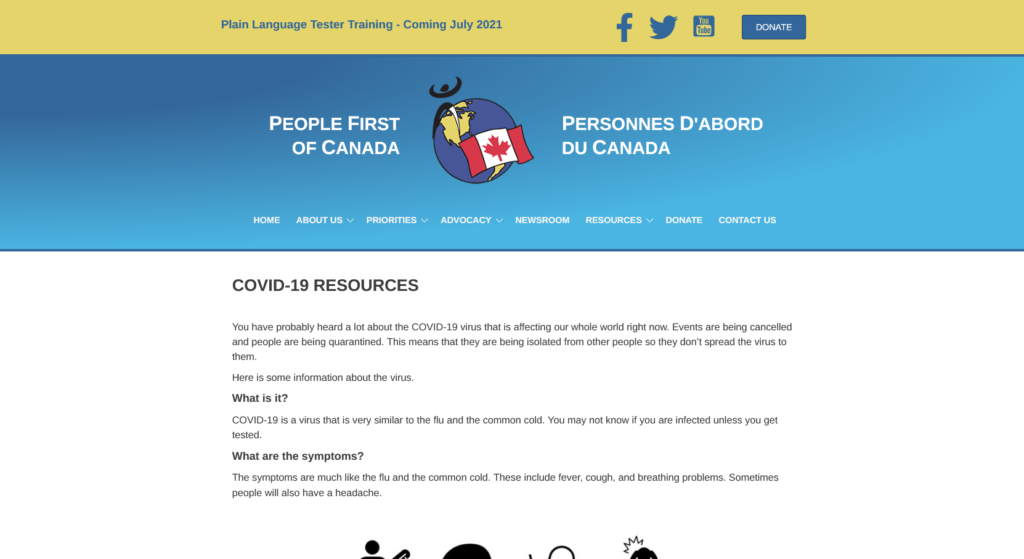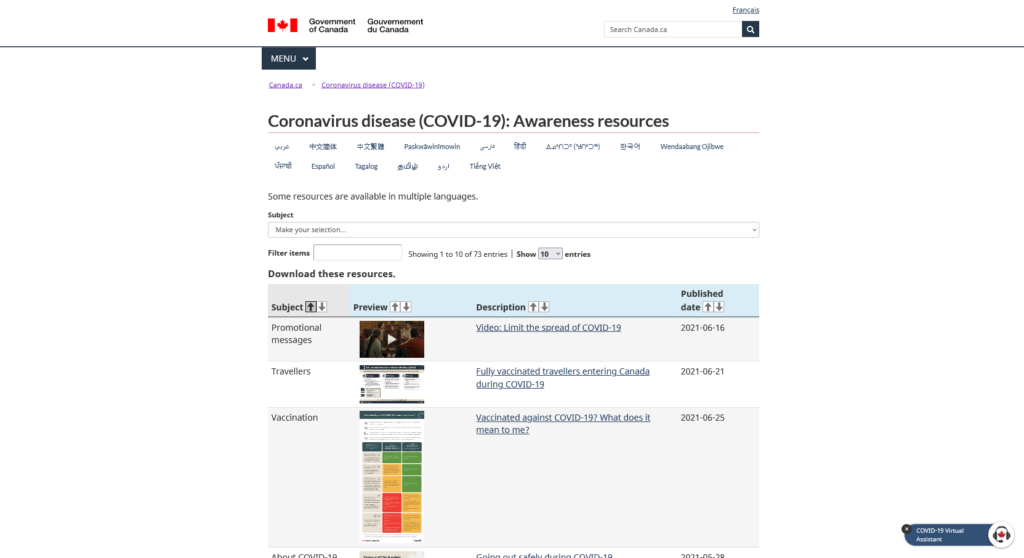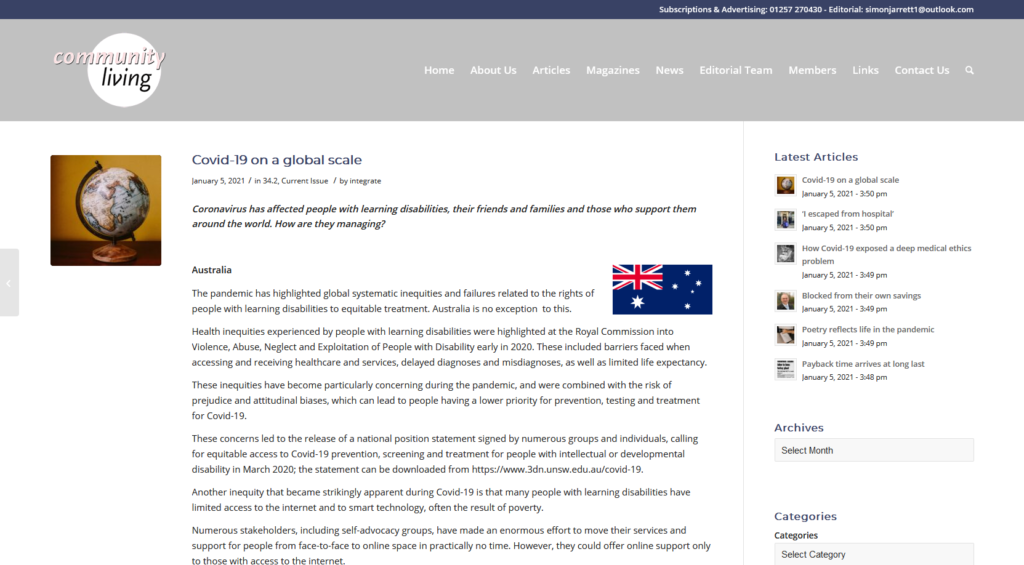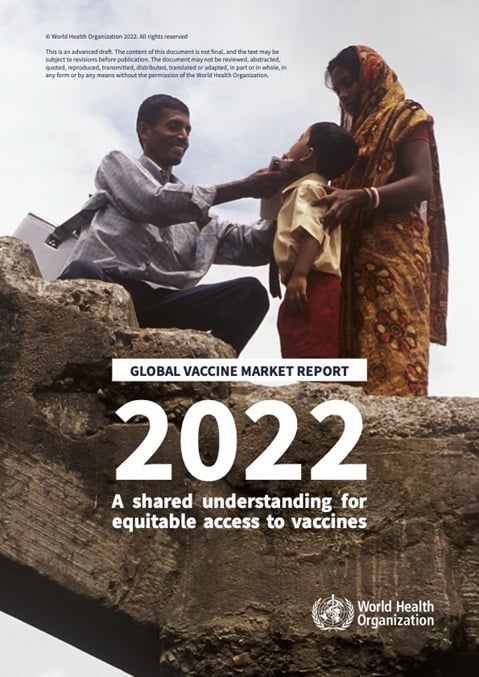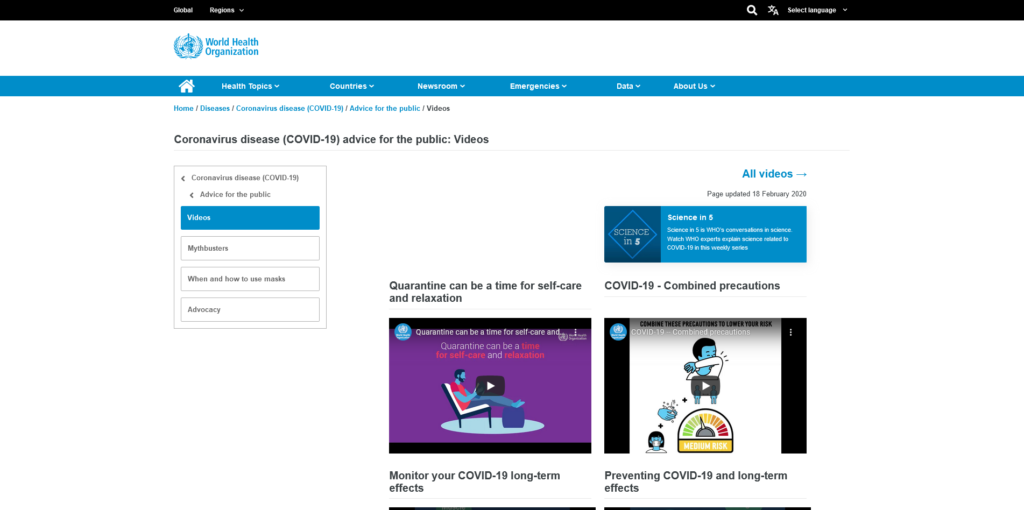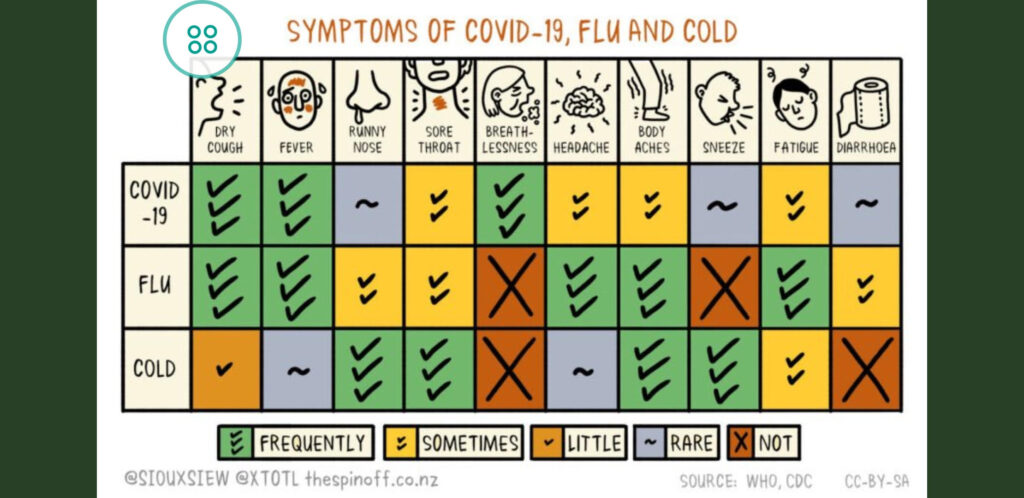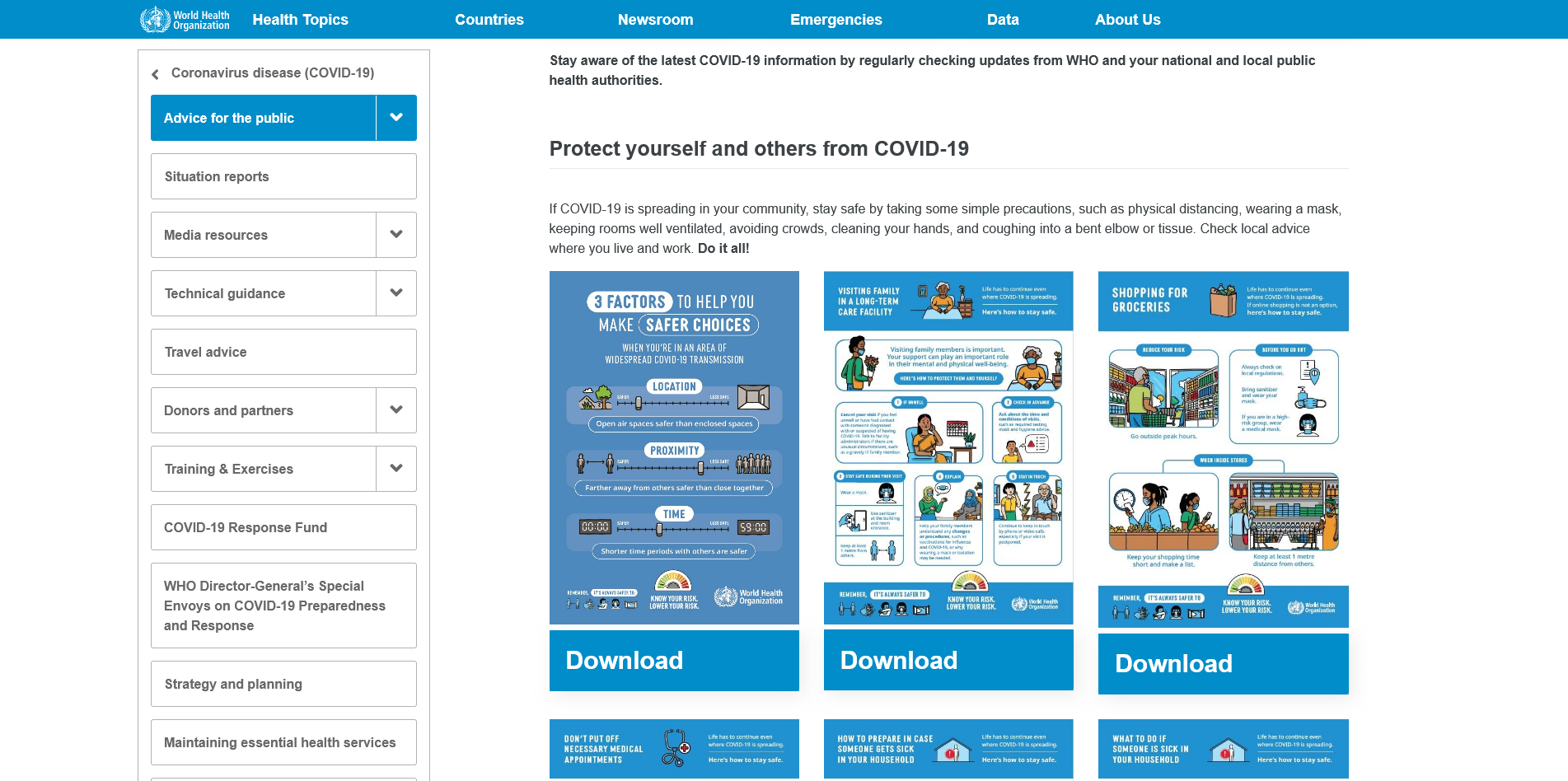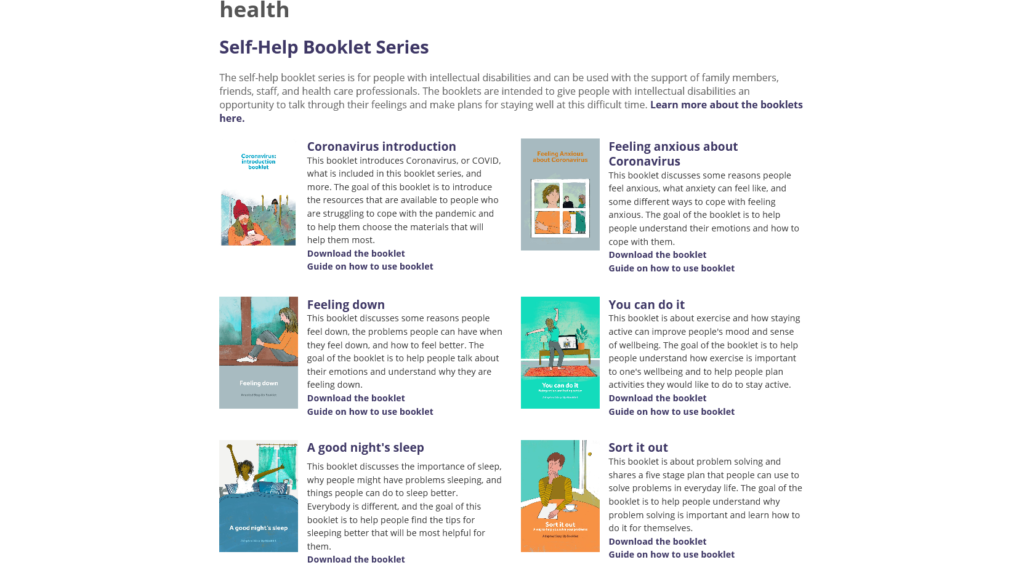Attention Self Advocates
The selfadvocatenet.com coverage of the Corona Virus pandemic also called COVID 19 is intended to inform Self Advocates by bringing you daily updates and information regarding this life-threatening situation so you stay healthy and safe.
We encourage all Self Advocates to follow the Ministry of Health guidelines so we can stop the spread of this virus quickly. We each must do our part to protect ourselves and our communities. If you have an issue let us know we are here to support one another.
A message that selfadvocatenet.com is wanting to let you know: If you are out touching public surfaces, debit card machines, door handles at the grocery store DO NOT TOUCH YOUR FACE until you can wash your hands. Wash your hands WELL, scrub for at least 20 seconds and don’t touch your face.
Stay home if you are sick. If you are sneezing cover your mouth with your arm. Practice social isolation by staying 2 meters or at least 2 arm lengths away from everyone. If you take the bus sit a few seats away from the next person.
By practicing these guidelines we will be doing our part as citizens to keep everyone safe. When you are at home make sure your surroundings are cleaned regularly. Frequently wipe down things you touch a lot like door handles, light switches, telephones, countertops, bathrooms, etc.
Make sure you reach out to service providers, family, and friends if you are uncertain. Only go out if it is necessary like going shopping or to the drug store.
World Health Organization has now called it Pandemic Officially
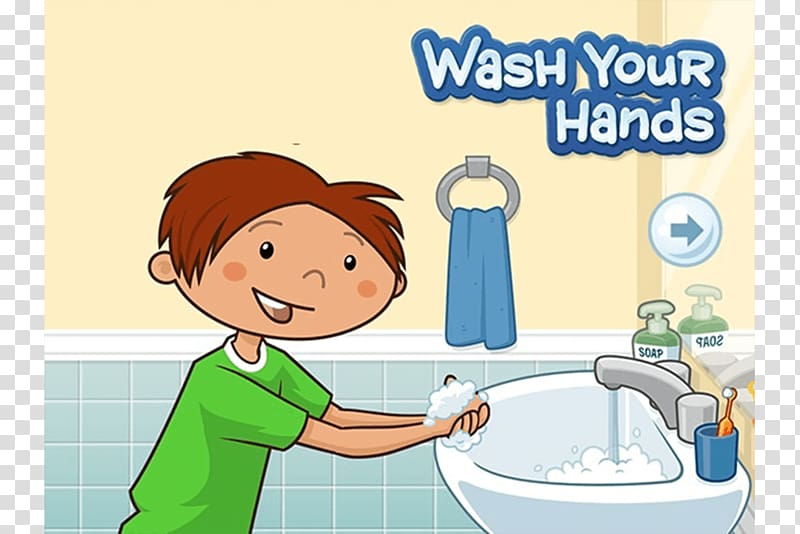
- Wash your hands often with soap and water for at least 20 seconds. Using soap and water is the single most effective way of reducing the spread of infection. If a sink is not available, alcohol based hand rubs (ABHR) can be used to clean your hands as long as they are not visibly soiled.
- If they are visibly soiled, use a wipe and then ABHR to effectively clean them.
- Do not touch your face, eyes, nose or mouth with unwashed hands.
- Cover your mouth and nose with a disposable tissue or the crease of your elbow when you sneeze or cough.
- Regularly clean and disinfect frequently touched surfaces.
- Do not share food, drinks, utensils, etc.
- Handwashing poster
Will wearing a mask protect me?
Health-care workers will wear surgical masks, eye protection and gowns in order to protect themselves and other patients. During health-care procedures in which aerosol sprays may be generated (for example, when giving certain inhaled medications), health-care workers should wear specialized masks.
Protecting loved ones
What if I have a chronic condition?
Joint statement on Province of B.C.’s COVID-19 response, latest updates
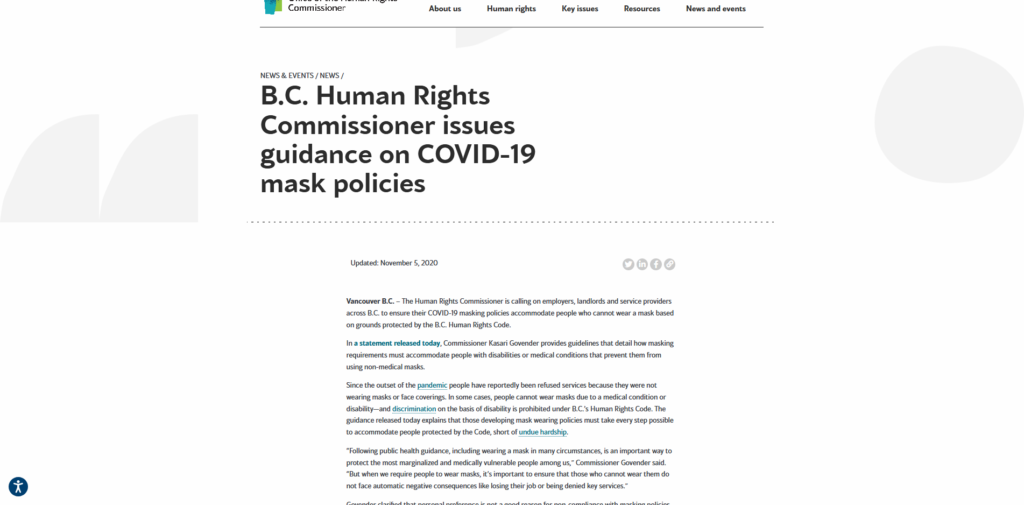 This on website Called BC Human Rights, Commission go to the link here
This on website Called BC Human Rights, Commission go to the link here
COVID-19 Immunization Plan
Online tool helps people book appointments with Service BC
Information for families of people in long-term care and assisted living.
Last updated: February 7, 2022
[advanced_iframe id=”iframe1″ name=”iframe1″ width=”100%” height=”520″]https://www.fraserhealth.ca/health-topics-a-to-z/coronavirus/accessing-fraser-health-services/long-term-care-and-assisted-living#.Ygrs0DWIZD8[/advanced_iframe]
Province clarifies Visitors policy on essential vs. social visits at care homes, seniors facilities
January 8th,2021
The revised “Essential Visits” policy now supports people with disabilities during hospital visits
Provincial health officer’s, minister’s statement about spring COVID-19 boosters
[advanced_iframe id=”iframe1″ name=”iframe1″ width=”100%” height=”520″]https://news.gov.bc.ca/releases/2023HLTH0019-000307[/advanced_iframe]
Joint statement on National Day of Observance
[advanced_iframe id=”iframe1″ name=”iframe1″ width=”100%” height=”520″]https://news.gov.bc.ca/releases/2023PREM0017-000299[/advanced_iframe]
Here it is the Covig 19 videos made by SAS and SALN. go to this link to watch it click here
Other related link to this Corona Virus help to prevent it so don’t get sick
Vaccine Distribution in BC and People with Intellectual Disabilities
Vaccine Queue Calculator for Canada
Special Olympics BC has information bulletins if your athletes, volunteers, coaches can coach and athletes can play and volunteers can help click here
Advice for the public – World Health Organization
Health information about novel coronavirus
Coronavirus infection: Symptoms and treatment – Canada.ca
CACL coverage of the covid 19 check it out here
CloudMD See a doctor on your phone CloudPractice Inc
Virtual mental health supports during COVID-19
Counselling places that can call if need talk to someone self-advocates affected by Covid 19
Dorothy Hyslop (Counsellor that was at Leadership Retreat) is willing to provide free counselling to Self Advocates affected by COVID-19.
please contact Dorothy Hyslop at 604-765-1039 and leave a message or
Email her atdorothyhyslop1associates@gmail.com
or go to her website details Dorothy Hyslop & Associates Counselling & Consulting
Illuminating Counselling Services
Practicing social distancing does not mean counselling services are not available. We have the means to assist you via telephonic means or web applications.
I am aware that this pandemic has increased anxiety and depression for many. Please know that I am available for you.
Illuminating Counselling Services at www.advicecounselling.com.
Rosemary Fromson, RPC, MPCC-S
Email her at rjfroms@telus.net; Phone: 604-302-9648
Govt of Canada News Covid 19 Here 
Federal Briefing on the response to Covid 19
Speech from the Chief Public Health Officer of Canada
March 10th,2023, | Ottawa, ON | Public Health Agency of Canada
The COVID-19 pandemic continues to create stress and anxiety for many Canadians, particularly those who do not have ready access to their regular support networks. Through the Wellness Together Canada online portal, people of all ages across the country can access immediate, free and confidential mental health and substance use supports, 24 hours a day, seven days a week. PocketWell, a free companion app to the WTC online portal, provides another way to help Canadians access online mental health and substance use resources, and measure and monitor aspects of their mental well-being.
Tomorrow marks 3 years since the WHO Director General first characterised COVID-19 as a pandemic. Reflecting back on these years, we are reminded of the challenges and sacrifices we’ve endured, including grieving so many lives lost due to and during COVID-19 under difficult circumstances. With a view forward, we are now taking stock of where we are today, including assessing the patterns and ongoing impact of COVID-19 on our population and health systems.
The many actions we took together had an important impact in slowing spread and reducing severe outcomes of COVID-19. Modelling data has indicated that Canada’s experience with COVID-19 could have been much worse. However, COVID-19 has still had an enormous impact over the past 3 years. Since January 2020, when the first cases were reported in Canada, we have experienced multiple waves of COVID-19 – resulting in millions of cases leading to over 51 thousand deaths to date. The scale and duration of this unprecedented health event catalyzed a whole-of-society response that has tested the resilience and fortitude of each of us.
We are now at the point in Canada where COVID-19 activity has reached a relatively steady state. In recent months there have been no distinct variant-driven waves – such as the well-defined Alpha, Delta and initial Omicron waves seen previously. Likewise, over the past 6-8 months, COVID-19 hospitalizations have been relatively stable despite the ongoing spread of Omicron subvariants. ICU admissions and deaths have also stabilized.
Population immunity, estimated using regular antibody studies, is currently high and relatively stable. This level of immunity is also approaching a steady-state, due to the combined effect of our overall high vaccine uptake and infection-acquired immunity. However, as population immunity levels fluctuate, disease activity may also vary.
While uncertainty remains about the seasonal patterns for COVID-19, the current trend suggests we may not see any major waves in the coming months as we prepare for a potential fall and winter surge. Together with international partners we will also continue to monitor the situation closely – and specifically watch for the emergence of significantly immune evasive strains.
A steady state does not mean that COVID-19 won’t have serious immediate and lingering impacts. COVID-19 hospitalizations remain at relatively steady levels but continue to have a significant impact on our health care systems. Likewise, there is a continued disproportionate impact on older and immunocompromised populations. We also know that COVID-19 infection can affect chronic disease rates, and that post COVID-19 condition – or PCC also known as long COVID – is also a significant public health challenge, as underscored by Dr. Nemer’s recently published PCC taskforce report. To address these challenges, it will be important to be vigilant and employ prudent, risk-based, use of prevention measures as we continue to learn about longer-term impacts, and optimal vaccine strategies and treatments.
The Public Health Agency of Canada’s work to support clinical practice guidelines on PCC, and the Canadian Institutes of Health Research’s new funding to establish a pan-Canadian Post COVID-19 Condition research network, exemplify some of the tangible steps being taken towards improved management and mitigation of COVID-19’s longer term impacts.
Going forward, we expect ongoing circulation of the SARS CoV-2 virus but with the availability of effective preventive measures and treatments we will be able to manage COVID-19 in a more sustainable manner.
On March 3rd the National Advisory Committee on Immunization (NACI) released COVID-19 booster recommendations for the upcoming spring. NACI recommends that an additional booster dose may be offered, 6 or more months after the last vaccination or infection, to adults at increased risk of severe illness from COVID-19. These include:
- people aged 80 years or older,
- adults 65 to 79 year of age, particularly if they do not have a known prior history of SARS-CoV-2 infection,
- adult residents of long-term care homes and other congregate living settings for seniors or those with complex medical care needs, and
- those aged 18 years and older considered to be immunocompromised.
NACI recommends the use of bivalent vaccines for booster doses. Regardless of risk factors, we encourage anyone who has not yet received their primary COVID-19 series or their fall 2022 booster doses to get these vaccinations.
As we adjust our collective response and move towards the management of COVID-19 as a regularly occurring disease, planning for the Fall must take into account the potential demands of COVID-19 and other respiratory infections on our healthcare systems. If we build on the capacity and knowledge gained in the past years in protecting ourselves, our health workforce and each other, we will be well prepared to adapt our response to future needs.
Read my backgrounder to access COVID-19 Information and Resources, including information on vaccination and ways to reduce your risk of infection and spreading the virus to others.
Contacts
Media Relations
Public Health Agency of Canada
613-957-2983
media@hc-sc.gc.ca
This is on Govt of Canada’s Website go to the link here
CANADA COVID-19 WEEKLY EPIDEMIOLOGY REPORT
[advanced_iframe id=”iframe1″ name=”iframe1″ width=”100%” height=”520″]https://health-infobase.canada.ca/covid-19/dashboard/[/advanced_iframe]
Guidance on an additional COVID–19 booster dose in the spring of 2023 for individuals at high risk of severe illness due to COVID–19
This on Govt of Canada Website go to the link here
COVID-19 & Disability Resources
PRESS RELEASE: NEW ONLINE HUB OFFERS FREE RESOURCES FOR INCLUSIVE HIRING DURING COVID-19 AND BEYOND
[advanced_iframe id=”iframe1″ name=”iframe1″ width=”100%” height=”420″]https://inclusioncanada.ca/2021/04/12/press-release-new-online-hub-offers-free-resources-for-inclusive-hiring-during-covid-19-and-beyond/[/advanced_iframe]
INCLUSION CANADA CALLS ON GOVERNMENTS TO PRIORITIZE PEOPLE WITH DEVELOPMENTAL DISABILITIES, THEIR FAMILIES AND SUPPORT STAFF FOR THE COVID-19 VACCINE
From The World Health Organization website, you can find information and guidance from WHO regarding the current outbreak of coronavirus disease (COVID-19) that was first reported from Wuhan, China, on 31 December 2019.
Please visit this page for daily updates.
Here is the WHO’s latest update
WHO Director-General’s opening remarks at the media briefing on COVID-19 -Fri March 3rd,2023
This is the Briefing of The WHO News Conference that was Today Fri March ,2023
[advanced_iframe id=”iframe1″ name=”iframe1″ width=”100%” height=”520″]https://covid19.who.int/[/advanced_iframe]
Weekly epidemiological update on COVID-19 – 8 March 2023 Edition 133 | Emergency Situational Updates Overview
Globally, nearly 4.5 million new cases and 32 000 deaths were reported in the last 28 days (6 February to 5 March 2023), a decrease of 58% and 65%, respectively, compared to the previous 28 days. As of 5 March 2023, over 759 million confirmed cases and over 6.8 million deaths have been reported globally.
In this edition, we include:
- The COVID-19 epidemiological update at the global and the regional levels
- An update on the circulating SARS-CoV-2 variants of concern (VOCs) and Omicron subvariants under monitoring
- An update on hospitalizations and ICU admissions related to COVID-19
Global Vaccine Market Report 2022
A shared understanding of equitable access to vaccines
Coronavirus disease (COVID-19) advice for the public: Videos Click Here
Advice for the public Protect yourself and others from COVID-19 Click Here
Organization for above Information on Corona virus go to the link here

